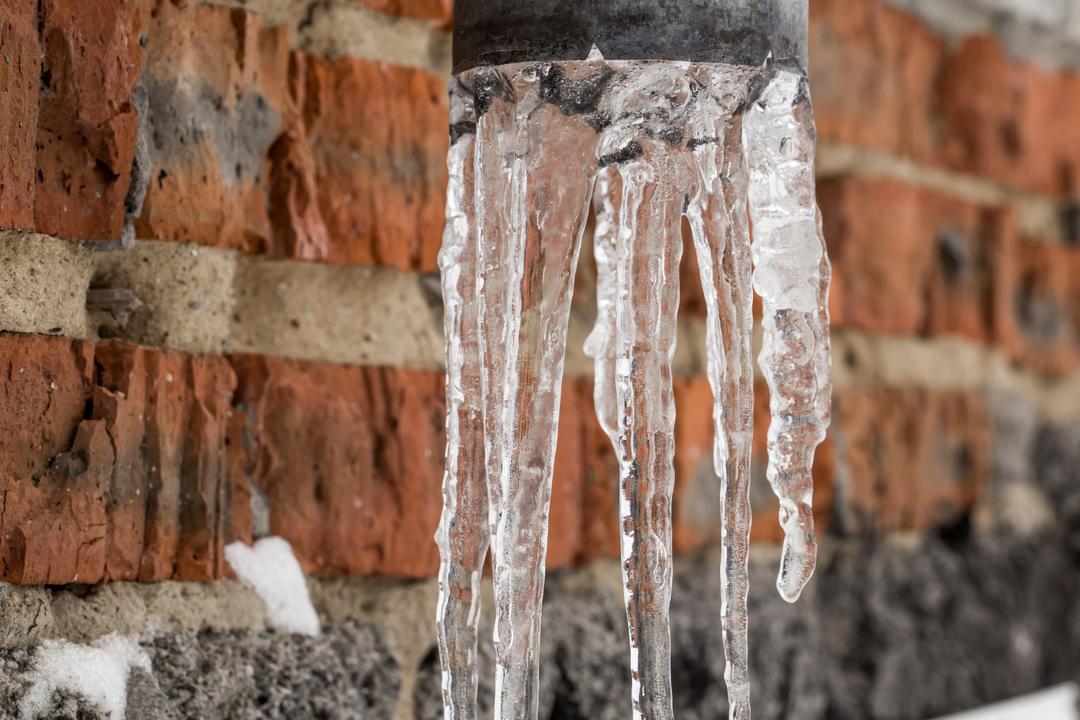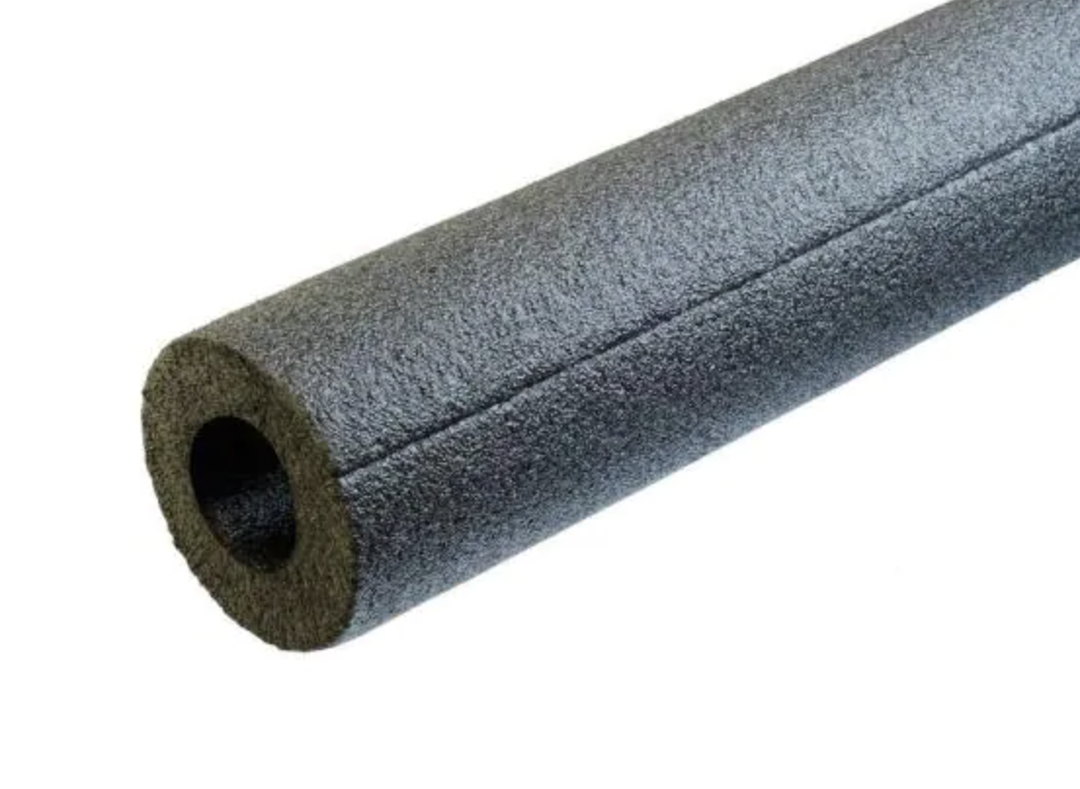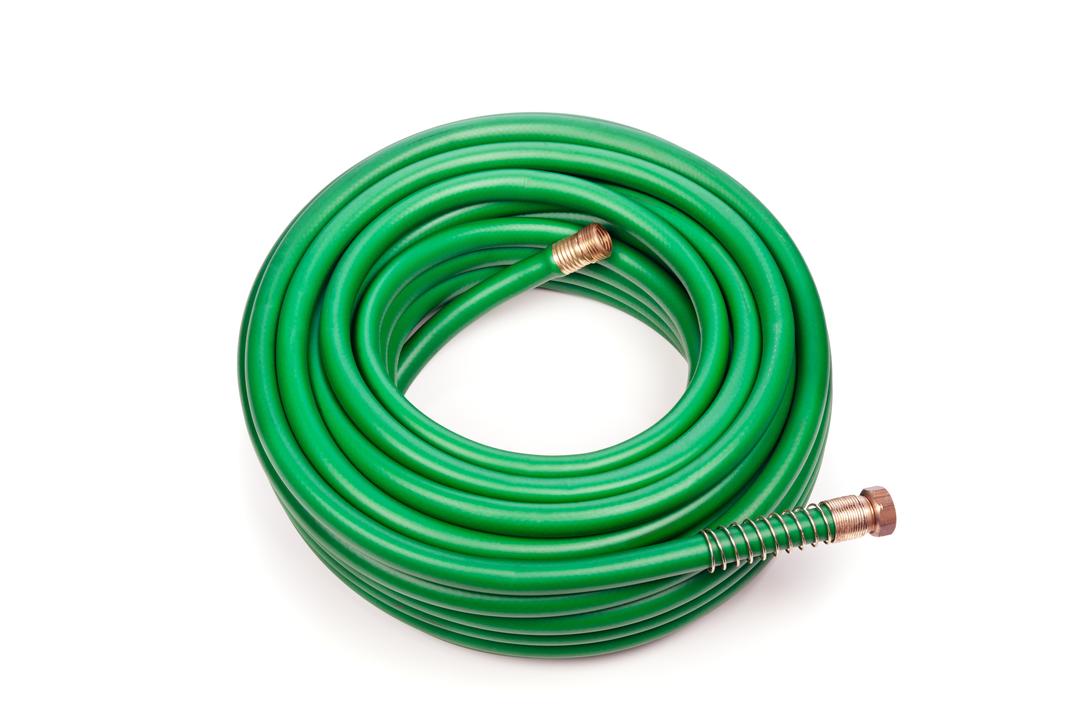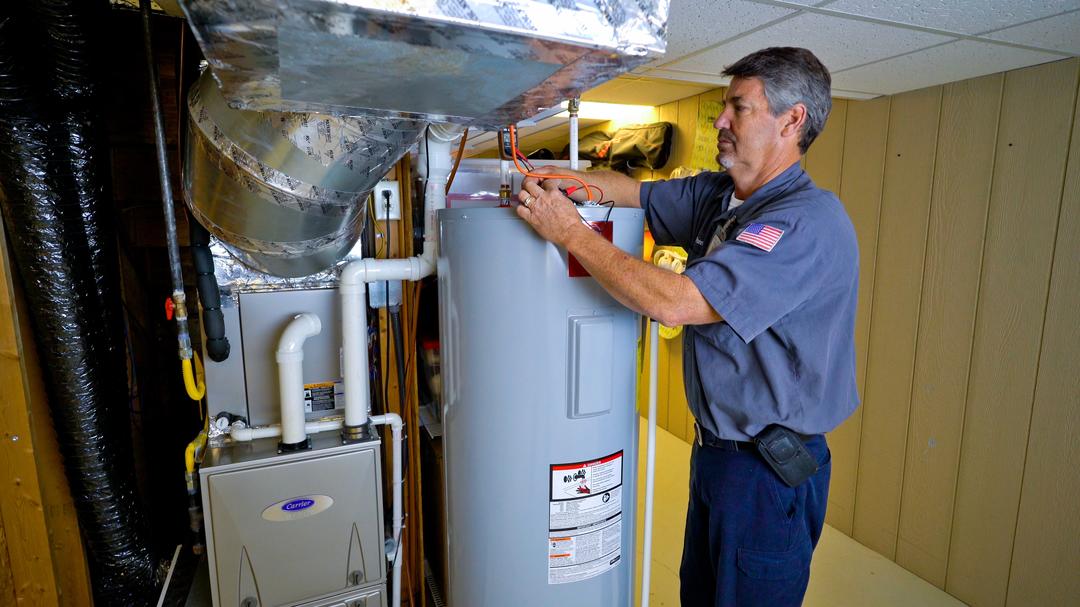How to Winterize Your Pipes

When chilly temperatures arrive, it’s crucial that your home’s pipes are protected from freezing, especially if you’re planning to leave for the winter and you won’t be home to use your plumbing regularly.
Regardless of your plans, we’ll review a couple of best practices for keeping your pipes from freezing during the winter. We’ll also share how to winterize your pipes when you’re away for the entire winter season:
Need Help Winterizing Your Home’s Pipes? Call Michael & Son!
Our highly-trained plumbing technicians will be happy to answer any questions you have about winterizing your pipes. And if you need a plumbing repair, rest assured that our experts provide fast scheduling, upfront pricing, and a 5-star customer experience.
Insulate Your Pipes

The best way to winterize your pipes? Insulate them!
If exposed to frigidly cold temperatures, your pipes are at risk of freezing. Freezing not only stops the flow of running water but can cause your pipes to crack or burst open.
To avoid significant plumbing repairs (not to mention potential water damage, mold growth, and the hassle of being without fresh water), we recommend insulating your pipes with protective foam. It’s a very economical choice that can be installed in just one day.
In newer homes, contractors typically plan for pipes to be protected from extreme temperatures, but your pipes may need insulation if you have an older home. If you’re not sure if your pipes are insulated, we recommend hiring a licensed plumber to perform an inspection. That way, you’ll know the state of your home’s plumbing system and how to care for it during winter.
At Michael & Son, our highly trained plumbers provide convenient same-day service and fair, upfront pricing. Whether your pipes need to be repaired, de-thawed, or insulated, just give us a call, and we’ll complete the job to your 100% satisfaction. To learn more, visit our plumbing services page.
Disconnect Exterior Hoses

When the seasons change and you no longer need to water your lawn or plants, we recommend disconnecting exterior hoses from their spigots. Then, shake loose excess water and store them safely in a garden shed or garage.
If you accidentally leave your hoses connected in winter, they could freeze and then crack. And then you’ll be left replacing them come spring.
This same idea applies to sprinkler systems, too. If you have one installed, make sure it’s shut off during winter.
Now, if you’re planning to leave home for the entire winter season, we recommend taking a few additional steps to winterize your home’s plumbing system properly.
Shut Off the Main Water Valve
Since you won’t need running water while you’re away, we recommend shutting off the entire water supply to your home. That way, if you accidentally leave a toilet, faucet, or water appliance running, or if you happen to have any small leaks, you won’t run the risk of water freezing inside your pipes.
The main water valve can typically be found on the exterior perimeter of your house. However, it can also be found in a basement, garage, or even crawl space (depending on how old your house is, or how it was built).
You’ll know it’s the main water valve when you see a red or white lever, but it can also be a round knob. In either case, push the lever or knob CLOCKWISE to turn it off.
Note: If you’re connected to well water, turn off the well pump instead.
Blow Excess Air Out of Your Pipes
Once your main water supply has been shut off, use an air compressor or vacuum to blow excess air from your pipes. You want them completely dry for the winter.
With normal day-to-day water usage, insulated pipes will remain balanced during winter. But if they go without use for months on end, standing water can cause pressure changes in your pipes. And as temperatures drop, the pressure buildup can put an unhealthy strain on your pipes, causing them to shift, break, or burst.
Additionally, standing water can flow into your toilets and water heater, which also need to be drained while not in use during winter.
Drain Your Toilets and Water Heater

Because your home won’t be heated while you’re away, your toilets and water heater will be at risk of cracking from unusually cold temperatures. So for safekeeping, we recommend draining all water from them.
A toilet is pretty easy to drain: Simply shut off the water supply valve next to it and flush the toilet until all water has drained from it.
On the other hand, your water heater should only be drained by a licensed plumbing professional. Whether you have a tank or tankless unit, water heaters have tricky components that need to be handled with care.
Need Help Winterizing Your Home’s Pipes? Call Michael & Son.
Let our expert plumbers make sure your home is protected from freezing temperatures. From pipe insulation and water disconnections to plumbing repairs and more, we can handle every plumbing concern to your 100% satisfaction. Offering fair and honest prices, quality workmanship, and unmatched customer service, give us a call today and see why we’ve earned a 5-star reputation.
This blog was written on Jan 13, 2022. Any pricing information is subject to change.

